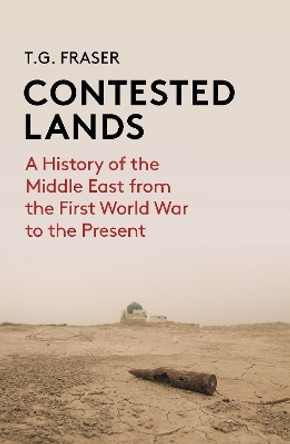Think of a map of World War I and chances are that map will be of Europe-but the First World War had just as heavy an impact on the Middle East, shaping the region into what we know it as today. This book gathers together leading scholars in the field to examine this impact, which is crucial to understanding the region's current problems and the rise of groups like the Islamic State. In addition to recounting the crucial international politics that drew fierce lines in the sands of the Middle East-a story of intrigue between the British, Russians, Ottomans, North Africans, Americans, and others-the contributors engage topics ranging from the war's effects on women, the experience of the Kurds, sectarianism, the evolution of Islamism, and the importance of prominent intellectuals like Ziya GA kalp and Michel 'Aflaq. They examine the dissolution of the Ottoman empire, the exploitation of notions of Islamic unity and pan-Arabism, the influences of Woodrow Wilson and American ideals on Middle East leaders, and likewise the influence of Vladimir Lenin's vision of a communist utopia.Altogether, they tell a story of promises made and promises broken, of the struggle between self-determination and international recognition, of centuries-old empires laying in ruin, and of the political poker of the twentieth century that carved up the region, separating communities into the artificial states we know today.
About the AuthorT. G. Fraser is professor emeritus at Ulster University. A fellow of the Royal Historical Society, Royal Society of Arts, and the Royal Asiatic Society, he is the author of The Arab-Israeli Conflict and Chaim Weizmann: The Zionist Dream, the latter published by Haus. Leila Fawaz is the Issam M. Fares Professor of Lebanese and Eastern Mediterranean Studies at Tufts University.
Book InformationISBN 9781909942752
Author Tg FraserFormat Hardback
Page Count 450
Imprint Gingko LibraryPublisher GINGKO
Weight(grams) 728g
Dimensions(mm) 235mm * 162mm * 36mm






